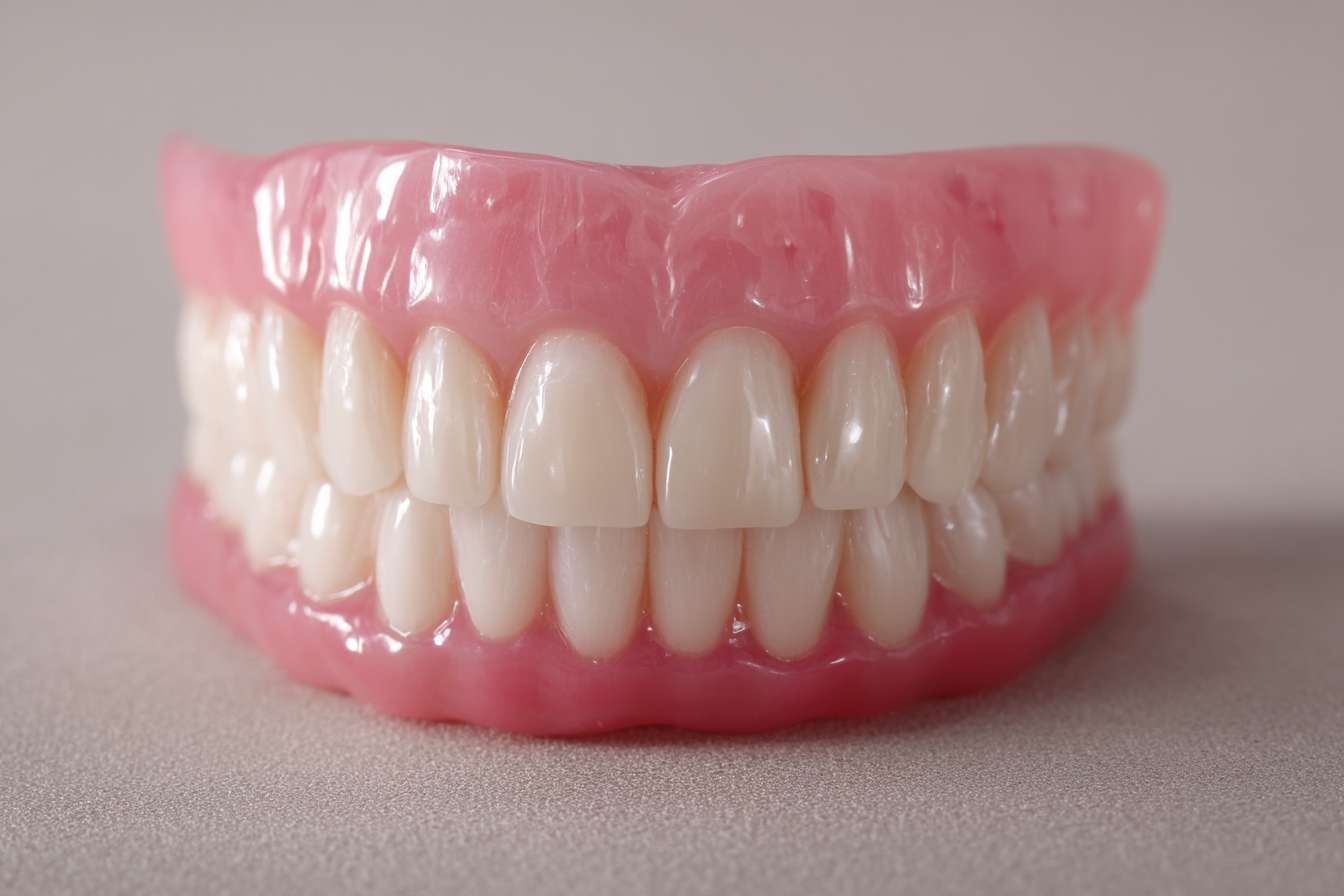Understanding Full Mouth Dental Implant Costs for Seniors in the United States: Key Factors and Payment Options in 2025
Did you know full mouth dental implants can vary widely in cost and complexity for seniors? This article provides insights on pricing, different implant types, and common financing methods to help seniors in the United States better understand their options in 2025

Understanding Full Mouth Dental Implants for Seniors
Full mouth dental implants replace missing teeth in one or both arches with fixed, permanent prosthetics anchored securely into the jawbone. Unlike traditional dentures, implants provide a natural look, improved chewing function, and enhanced comfort. For seniors, implants can help preserve jawbone density, potentially preventing the sunken facial appearance sometimes associated with tooth loss.
Popular implant systems for full arch replacement include:
- All-on-4: Uses four implants to support a full arch of teeth; generally a more affordable option compared to systems requiring more implants.
- All-on-6 or All-on-8: Uses six or eight implants respectively for added stability but typically at a higher cost.
Modern techniques like computer-guided implant placement and 3D imaging improve precision, reduce surgery time, and can sometimes avoid the need for additional procedures such as bone grafting, which may be necessary for seniors due to jawbone density loss.
What Influences the Cost of Full Mouth Dental Implants for Seniors?
Several factors contribute to the wide cost range of full mouth implants:
- Type of Implant System: More implants (such as in All-on-6 or All-on-8) generally increase costs compared to All-on-4, as extra hardware and surgical work are required.
- Prosthetic Materials: Acrylic prosthetic teeth are less expensive, while zirconia teeth tend to offer improved aesthetics and durability, often at a higher cost.
- Bone Grafting or Preparatory Procedures: Seniors with bone loss may need grafting or other treatments to prepare their jaw for implants, which can add to the total cost.
- Dentist’s Experience: Highly experienced implant specialists may charge higher fees but can provide comprehensive evaluation and treatment.
- Geographical Location: Urban clinics or areas with high living costs typically have higher fees than smaller or rural locations.
- Additional Services: Consultations, imaging scans, anesthesia, and follow-up appointments add to the overall expenses.
How Seniors Can Manage Cost Through Payment Plans and Discounts
Recognizing that full mouth dental implants are a considerable expense, many dental providers offer options to help reduce financial barriers:
-
Flexible Payment Plans: Many providers offer payment plans that allow cost division over 12 to 24 months or longer, which can ease the upfront financial impact. Some financing companies specialize in dental implant plans and may offer options without credit checks and with favorable approval rates.
-
Senior Discounts: Some dental offices provide discounts ranging approximately 10-15% for senior patients; however, these offers vary and are not guaranteed.
-
Use of Retirement Funds and HSAs: Seniors may use funds from Health Savings Accounts (HSAs) or certain retirement accounts, which can offer tax advantages when applied to implant treatments.
-
Insurance Limitations: Medicare generally does not cover dental implants, as they are often classified as elective or cosmetic procedures. While standard dental insurance plans rarely cover the full cost, some comprehensive policies or medical insurance may reimburse part of the expenses if implants are related to trauma or medical necessity.
Because insurance coverage is limited, payment plans and discounts often represent practical ways for seniors to finance implant treatments.
What Seniors Should Know About the Implant Process and Requirements
-
Health and Bone Density: Successful implants typically require good overall health and sufficient jawbone density. Seniors with conditions such as osteoporosis or who take bone-affecting medications (like bisphosphonates) should discuss these factors with their dentist and primary healthcare provider.
-
Patient Commitment: Healing and implant longevity depend on maintaining proper oral hygiene and attending follow-up care. The process generally involves multiple steps:
- Consultation and oral health evaluation
- Removal of any damaged teeth
- Jawbone preparation, potentially including bone grafts
- Implant placement surgery
- Healing period for osseointegration (integration of implant with bone)
-
Placement of abutments and the final prosthetic teeth
- Longevity and Value: With appropriate care, full mouth dental implants can last 20 years or more, often a lifetime. This durability may offer better long-term value compared to removable dentures, which typically require replacement every 5-7 years.
Why Choosing Experienced Dentists Is Important for Seniors
Due to the complexities of implant treatment for seniors—such as potential bone loss, medical conditions, and medication interactions—it is important to work with dentists experienced in senior care and advanced implant techniques. Experienced specialists provide comprehensive evaluation, personalized treatment planning, and care aimed at reducing complications and supporting implant success.
Final Recommendations
Seniors in the United States considering full mouth dental implants in 2025 are encouraged to:
- Obtain thorough dental and medical evaluations from practitioners familiar with senior patients.
- Explore implant options such as All-on-4 to understand potential cost differences.
- Inquire about available senior discounts and flexible payment arrangements.
- Review financing options, including those without credit checks where available, to better manage monthly budgets.
- Understand insurance coverage limitations and be prepared for potential out-of-pocket expenses.
- Seek experienced dental professionals and utilize modern technology for safer, more effective implant procedures.
- Consider the potential long-term benefits and quality-of-life improvements implants can offer compared to dentures.
By approaching full mouth dental implants with clear, accurate information on costs, payment methods, and care requirements, seniors can make informed choices about restoring their smiles and oral health in 2025.
Sources
- https://restorationdentaloc.com/dental-implants-for-seniors/
- https://www.credee.com/how-much-does-a-full-mouth-dental-implant-cost/ Disclaimer: All content, including text, graphics, images and information, contained on or available through this web site is for general information purposes only. The information and materials contained in these pages and the terms, conditions and descriptions that appear, are subject to change without notice.




